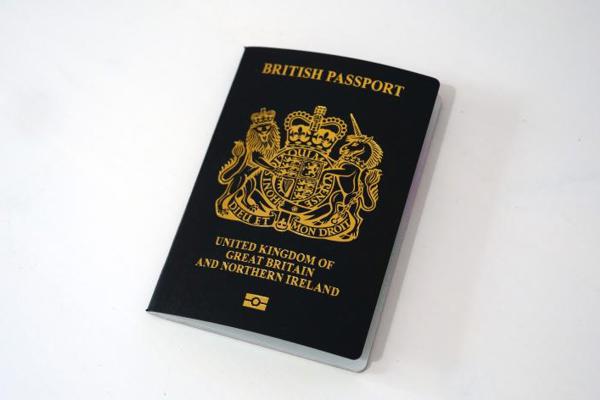Whilst there is a lot of discussion about the impact of Brexit on the UK and the dynamics of the work force going forward, you may not be aware of the interaction between immigration and business transfers.
A business transfer can take a couple of forms:-
A share transfer
This is where the ownership of the entity changes but to the outside world the name and the entity remains the same
A transfer under the TUPE Regulations
This is where the entity, or an aspect or aspects of the entity, transfers from one organisation to another. In this type of transfer, the employees' employment will transfer over and they will become employees of the new entity. The employees' terms and conditions (subject to some provisions in relation to pension) will remain the same.
As a starting point, it is necessary for all employers to ensure that their employees have the right to work in the UK. This is a duty that has been effectively outsourced from the Government to employers to ensure that the requisite permissions are in place before employment commences. There are potentially significant fines if employers fail to undertake this check and subsequently employ someone without the right to work. You can obtain information about how to check employees' right to work here.
Where a business transfer is taking place, and employees are transferring to new entities, or coming under the ownership of another entity, their right to work in the UK should be checked. This should form part and parcel of the acquiring party's due diligence checks as there are obligations on the new employer where employees have sponsorship in place. Sponsorship replaced the former work permit scheme.
,When employers are experiencing difficulty in recruiting to a particular post and seek workers from overseas to fill the post, providing that the employer is able to meet particular criteria, the Home Office will grant a sponsorship licence to the employer. The employee who is recruited to the post will be given a Tier 2 Visa. The strict application process has been put in place to ensure that the Home Office has an overview of the companies applying for Tier 2 visas. If there is a change in the ownership of a company, for example in a share sale, then the Home Office requires to be notified of this change if the entity has a sponsorship arrangement in place. If it is the case that there will be a 50% or more change in ownership, then the company will require to apply again for a sponsorship licence. Similarly, if there is a TUPE transfer and the new employer does not have a sponsorship in place, they will require to apply for one within 10 days of the transfer taking place.
The ramifications of failing to pick up on this are significant. If a new sponsorship arrangement is required and that is not followed up, the employee with the Tier 2 visa will be working in the UK illegally and will have their visas curtailed, which means they will be given only 60 days in which to make alternative employment arrangements.
In the event that this comes to the attention of the Home Office, there are significant fines at stake, up to £20,000. In this podcast we look at this issue and provide some pointers as to how this can be tackled.


